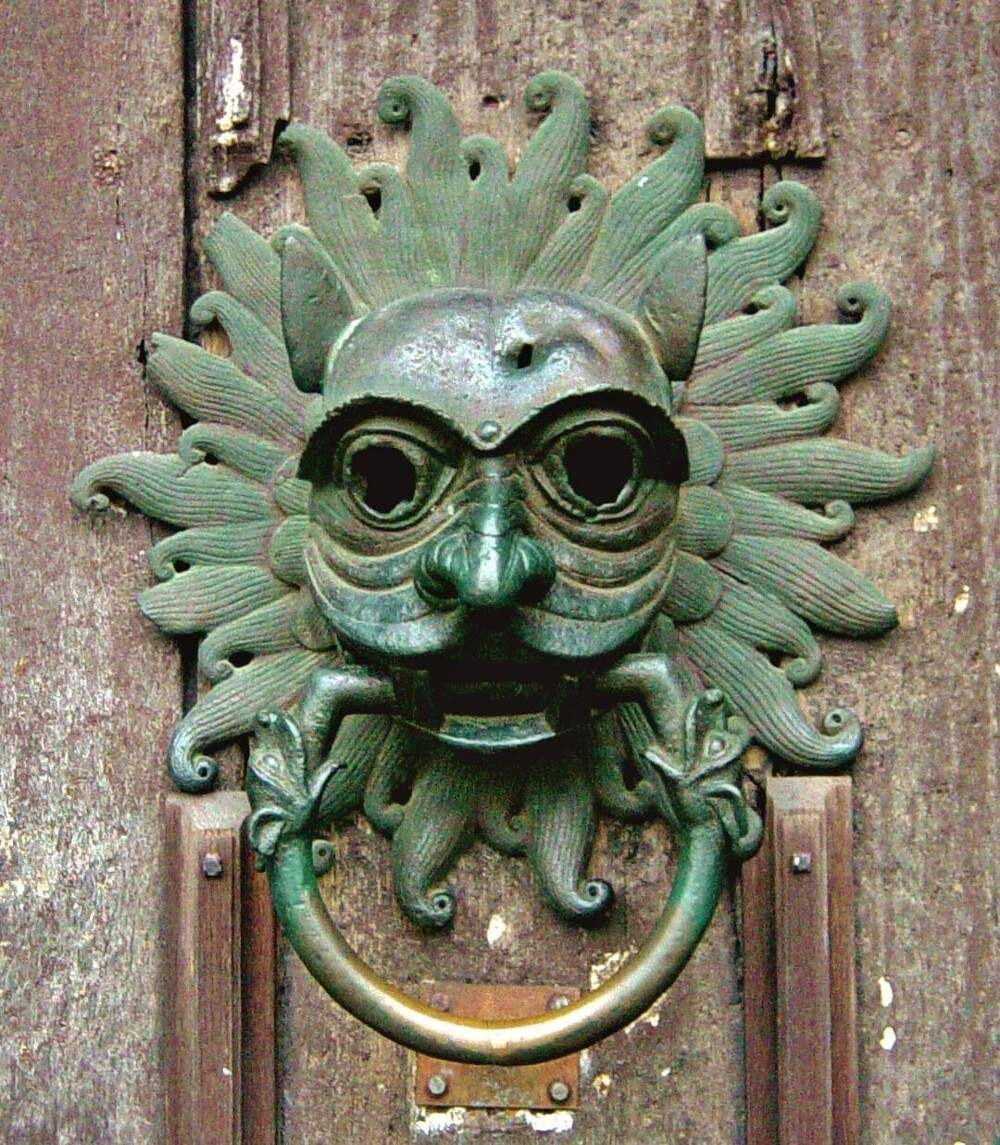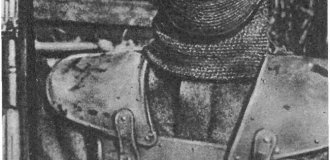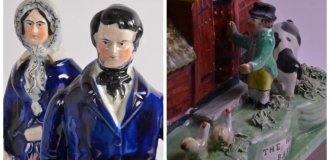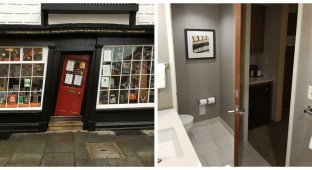The saving knock and the opportunity to choose (8 photos)
If a person committed a serious offense, he could avoid punishment by thinking and entrusting his fate to chance. 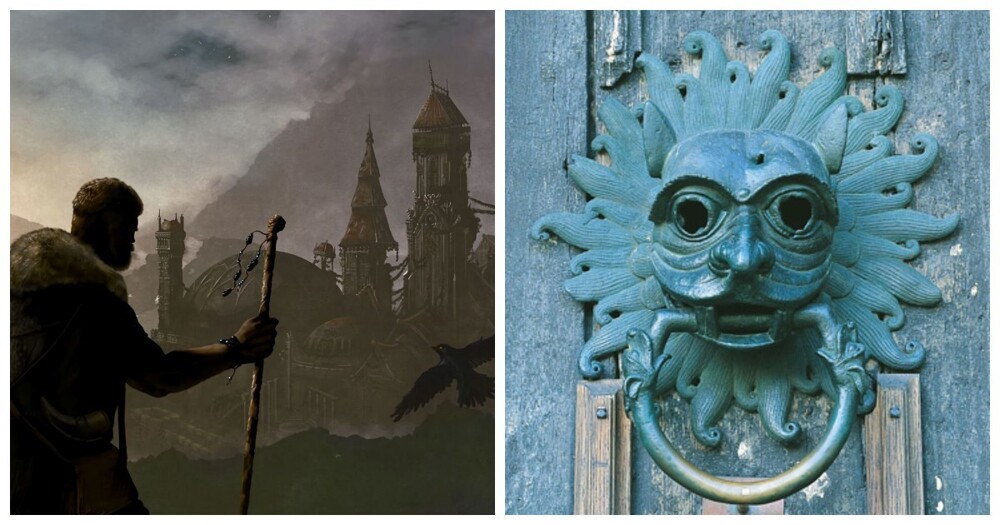
This practice existed in Durham, England many centuries ago. A special knocker in the shape of a lion's head was attached to the door of Durham Cathedral, the main attraction of the city. And it was with his help that a person accused of a crime could change his fate. 
Durham Cathedral
On the front door of Durham Cathedral there is a knocker in the shape of a lion's head holding a snake ring in its mouth. It is a carefully made copy and the original is kept inside in the church treasury. This small object, known as the "Knock of the Sanctuary", once played an important role in the history of the cathedral. 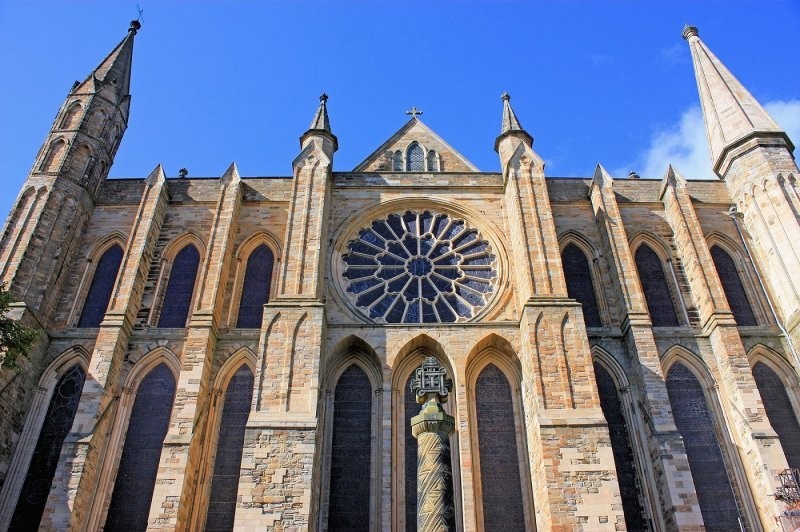
The "knock" dates back to the 12th century. It was not intended for any visitor wishing to knock on the door, but for those seeking refuge. Anyone accused of a heinous crime, such as murder in self-defense or escaping from prison, could use the gavel to gain sanctuary in the cathedral for 37 days. 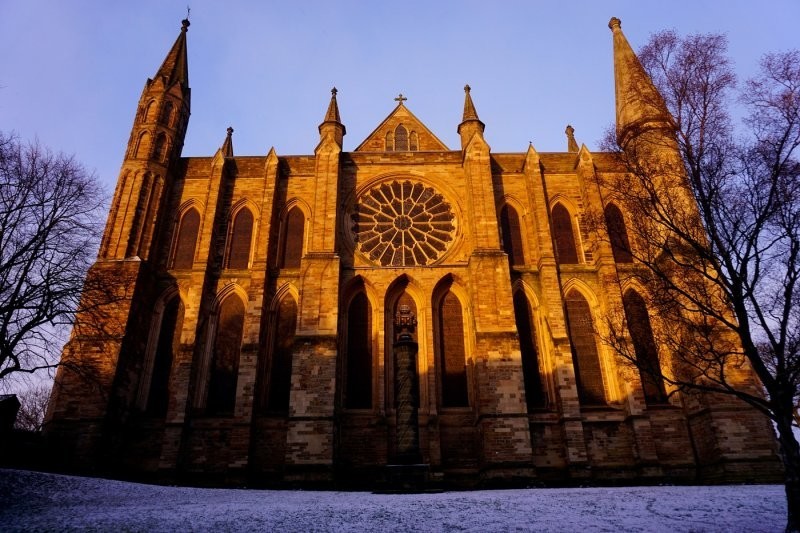
Once inside, asylum seekers were expected to use this time to make peace with their enemies, prove their innocence, or plan their escape. At the same time, at the expense of the abbey, they were provided with a safe refuge until their final departure or surrender to the authorities. Those who received asylum were given special black robes with a cross sewn on the left shoulder. 
The entrance to the cathedral has now been changed, but originally there were two small rooms with windows above the doorway where monks sat and watched over asylum seekers to let them in at any time of the day or night. 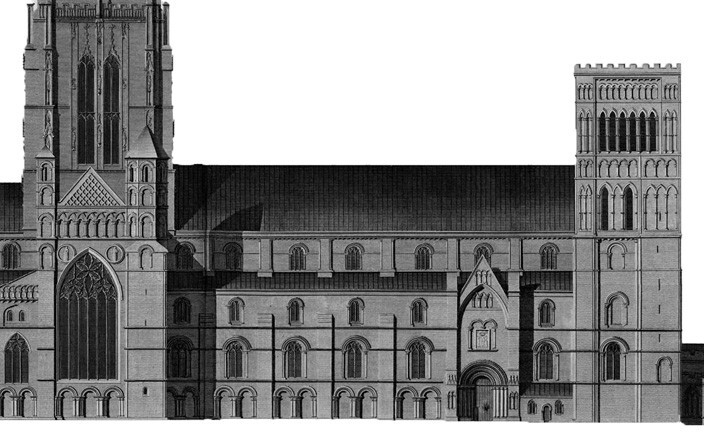
This is what the entrance may have looked like before the rooms above the doorway were removed. In these premises, the monks were supposed to keep an eye on fugitives seeking refuge
The person offered refuge was kept in a separate room from the rest of the church and provided with food, drink, bedding and other necessities at the abbey's expense until his safe departure could be arranged. If the offender did not want to return to prison or was unable to reconcile with the party whom he had harmed, he could sail out of the country on the first ship (no matter where he was going) to try to change his life and atone for his guilt in a foreign land. 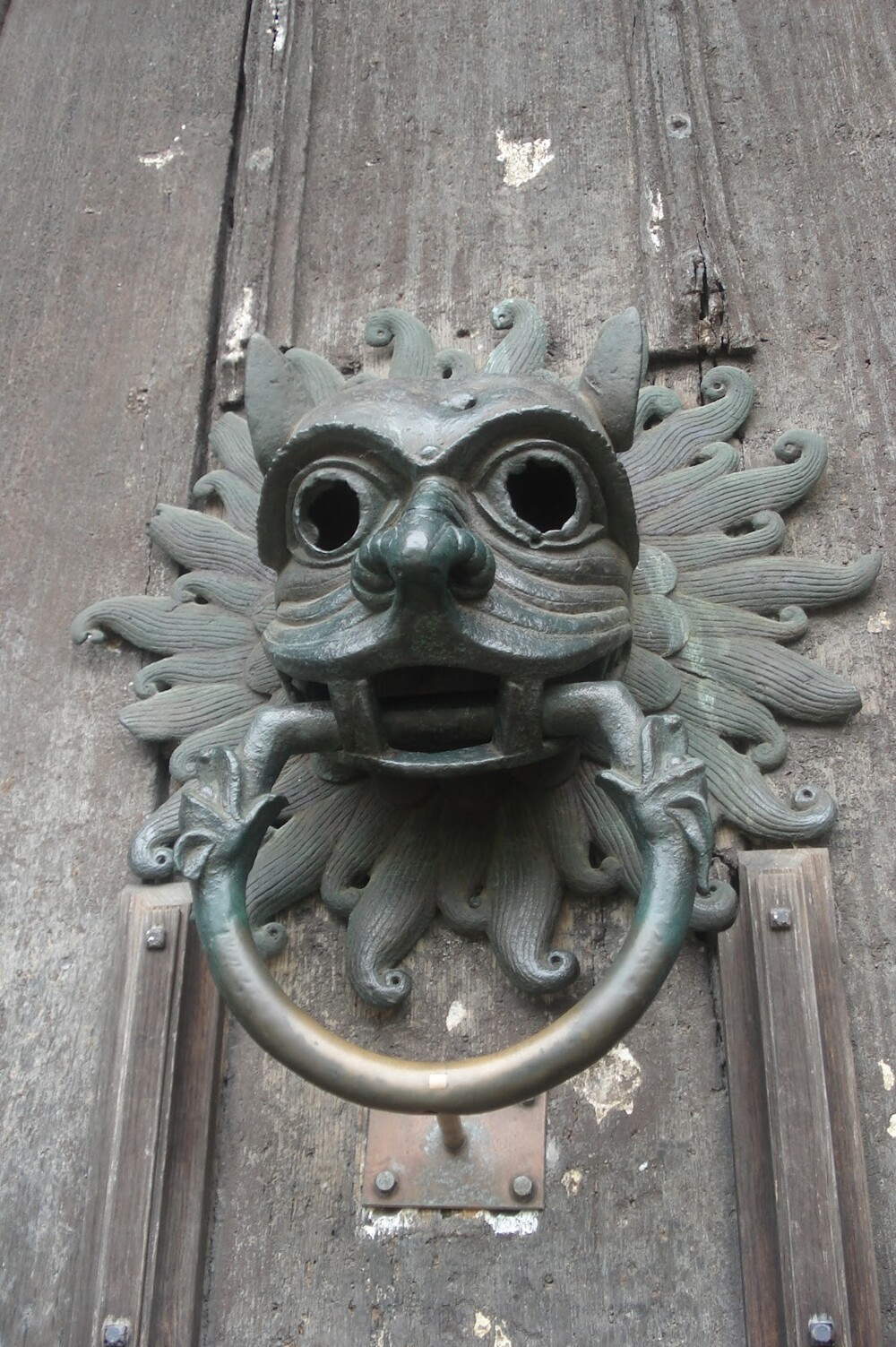
The right of asylum was abolished by an Act of Parliament at the beginning of the 17th century. Similar shelter was also provided at Holy Trinity Church in Stratford-upon-Avon and St Nicholas Church in Gloucester. 